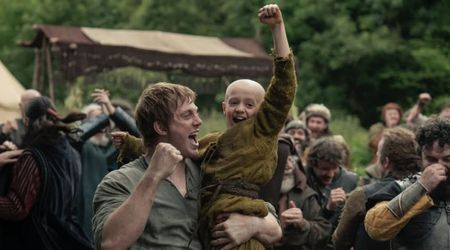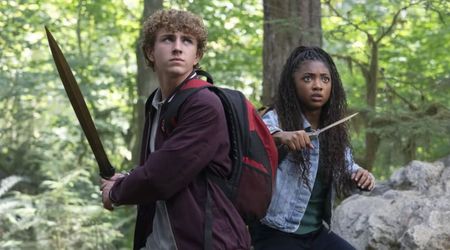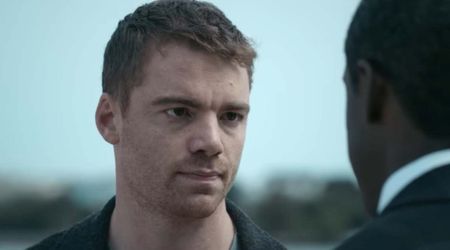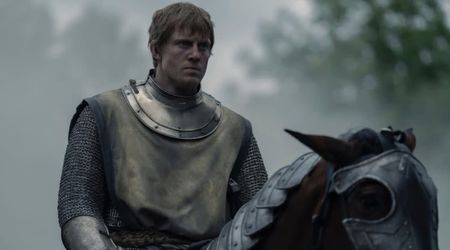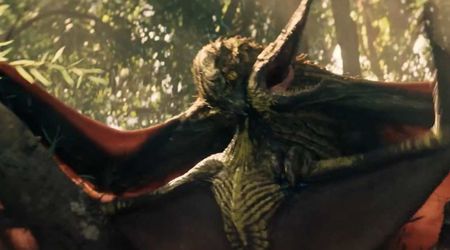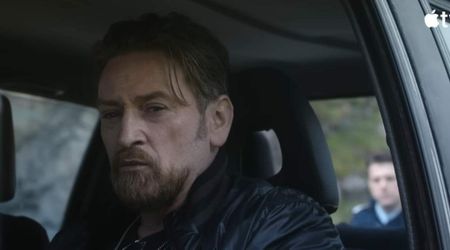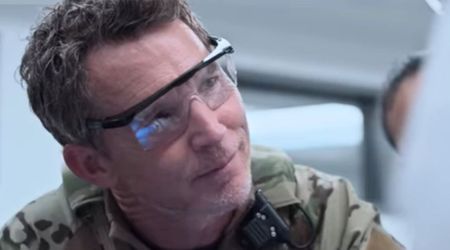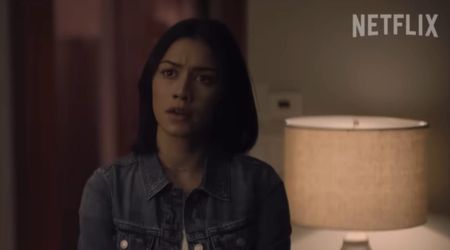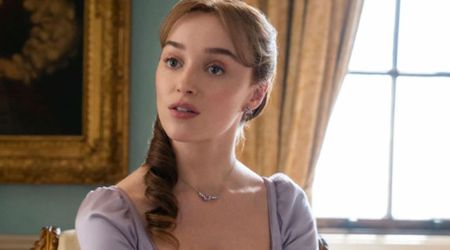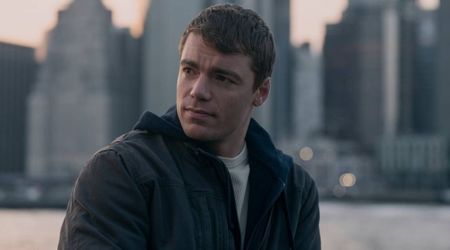Netflix's 'Outer Banks' offers brutally honest commentary on classism, prejudice in the guise of a teen drama

Spoilers for 'Outer Banks' Season 1
Simply put, 'Outer Banks' is a coming-of-age story of a handful of children on the islands of Outer Banks situated in North Carolina. The kids in question are mainly the Pogues, three of whom are from the working-class community — John B, JJ and Pope. Their fourth friend, Kiara, is a hippy socialist.
To say that 'Outer Banks' is the first show that talks about inequality among the classes would be unfair. Teen drama and movies always have shown inequality as one of the central ideas — any time you see a bullied kid or the hero who is underrated because of where he comes from, they are always targeting said inequality.
However, 'Outer Banks' is unique as it accepts that it is not just a popularity contest, that money plays a big role in how these kids grow up and how they are treated by the society. While you have the Pogues on one side, there are the Kooks on the other. Kooks being the term used for the group of people who are rich and privileged, and unsurprisingly, often white.
When the Pogues go on a treasure hunt, they aim to go "full Kook" because they see how much better it is for the other half. After a hurricane hits the islands, the Pogues and others from their community have no access to power, whereas the Kooks have generators and power is restored within a day. Again, this is much something that is seen commonly in real-life.
We also quite closely see how their social backgrounds have affected the way these children grow up. JJ is constantly physically and mentally abused by his father. The one time we see his father showing him a remote sense of love is when JJ shows up with cash that he stole. When his father proceeds to use the money for gambling instead of something they need, JJ loses control and beats up his father because that's how he has been brought up his whole life.
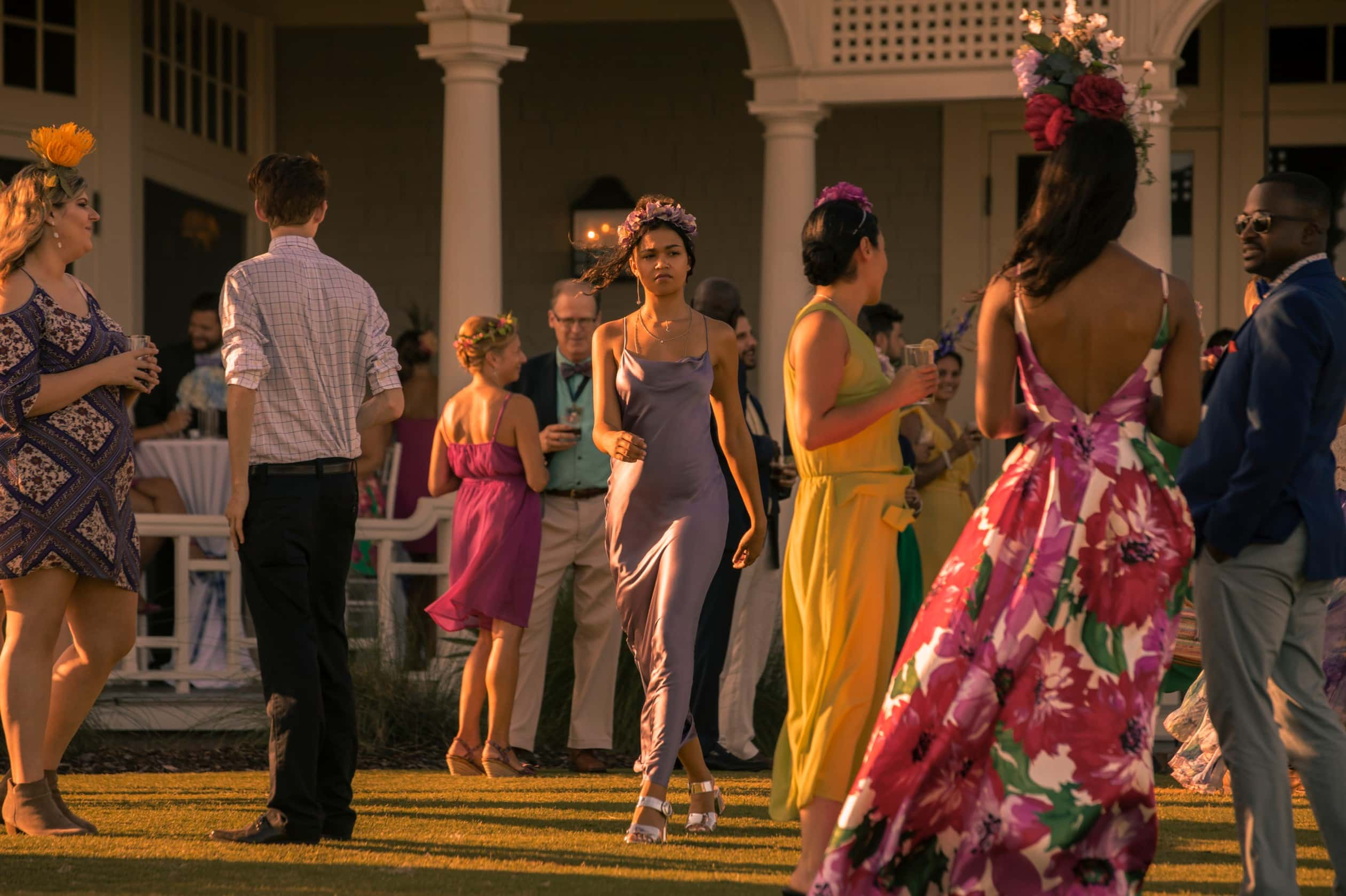
John B, who is on a quest to find not just the treasure but also his father, also has a troubled childhood. The last time he saw his father, John B was angry at him because the former chose to spend all his time going on a treasure hunt rather than being a father.
Barring Kiara, Pope has a family that is loving and caring, although the expectations placed on him to succeed and make it to a good college so that the family can break the cycle takes a toll on him. And this we see towards the end of the season.
Among the Kooks, there's Topper and Rafe who have different priorities. Topper is more concerned about his girlfriend Sarah's diminishing interest in him and her subsequently spending more time with John B. Rafe is the typical rich kid shown on TV — spends all his money on cocaine, steals money from his father to pay for his addiction and uses his privilege to dunk on the Pogues and feel better about himself.
The Pogues' actions are all driven more by a need to survive than anything else, whereas for the Kooks, their actions are driven by whatever they desire at the moment and this includes Sarah who falls in love with John. However, it becomes a question of survival for her in the end when secrets are revealed.
As such, 'Outer Banks' is a telling social commentary on classism and the privilege that comes with the inequal structure of power in the world. Yes, 'Outer Banks' is also a teen drama with all the requisite elements, but its evocation of political and philosophical teachings means it holds its target audience in higher regard than most others.
All episodes of Season 1 of 'Outer Banks' are now streaming on Netflix.

